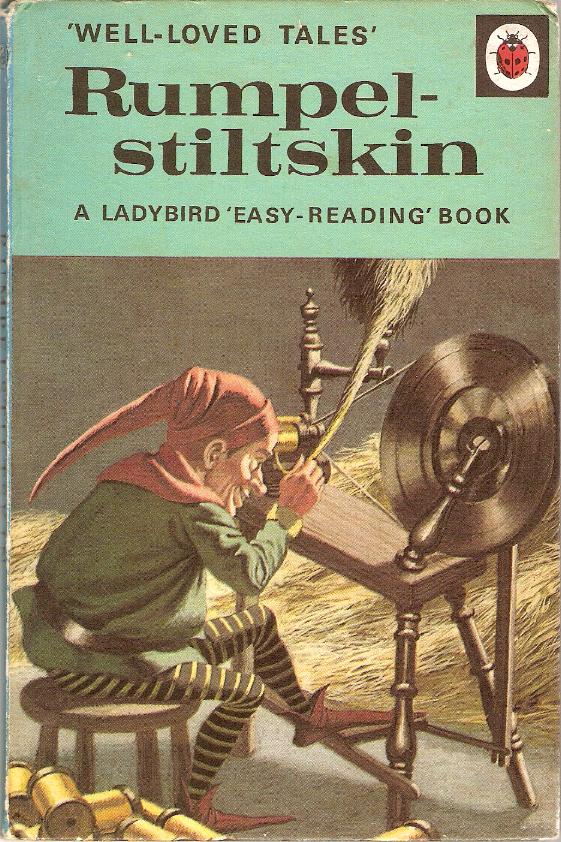I’m joining the heard (spiritually not physically) and sharing some playlists and podcasts to help you survive these strange and challenging times.
My playlists…
Currents is a regularly updated mix of music that has grabbed my attention, alongside a few tracks that seem to stick around for good.
Running, Clanging and Banging is my original running and workout mix. Over 200 tracks of uptempo rock, heavy metal, rap, dance and pop. Use it to work out at home or if you live near lots of open space and can get outside (responsibly), let this mix propel you.
For long morning runs, I started to lean more towards chilled out sounds. Running at First Light evolved out of this having tried running to the Marconi Union album: ‘Weightless’. The way the ambient sounds drifted into the background allowing me to focus more on my form and breathing had a massive impact on my running. The playlist is also great for yoga and meditation, as well as a good candidate for those of you who require calm, quiet focus, to get work done from home.
Electric Miles is my favourite playlist; exploring, arguably Miles Davis’ greatest and most experimental period. Starting with the epic 33 minute ‘Circle in the Round’; the playlist traverses five prolific years from 1968 to 1972, taking in such archetypal examples of Jazz Fusion as ‘In a Silent Way’ and ‘Bitches Brew’. Make some coffee, turn the lights down low, and lose yourself with Miles.
Sticking with Jazz, In a Silent Way is a contemplative mix of late night jazz to be enjoyed over dinner or with a glass of wine on a spring evening.
Finally, (A) Spoonful of Disney is perfect for the young at heart; sing along with and lighten the mood in these dark, sobering times.
You can find all of my playlists on Spotify.
Other people’s playlists…
One of the features of Spotify that I have enjoyed the most since I signed up is the rich network of music fans and artists who create and share playlists. Here are some playlists made by others that hit the spot.
I’ve been a fan of Merlin Mann for some time. Most people know him as the Inbox Zero guy. That seems like such a long time ago! He is, now, better known for his many podcasts, one of which I have listed below. He is a prolific music fan and the playlist: Merlin’s World of Music covers an extensive range of musical genres from the 60s through to the 00s. While there are a number of well known tracks, a significant portion of the playlist is made up of deep cuts and lesser known tunes.
I’m also a huge fan of electronic music; particularly that of Kraftwerk and Aphex Twin. This playlist by Pitchfork founder Ryan Schreiber highlights Richard David James’ piano playing. This is another good pick if you need to find focus when working from home. Also, if you love the 80s, Schreiber’s Poolside ’86 mix is ab-fab!
In hist most recent newsletter, Austin Kleon shared a fantastic series of “epic yearly survey playlists” by Fluxblog. We started with 1979 (the year I was born) on Friday. We are now part way through 1980. They are beautifully curated, seamlessly transitioning between moods and genres.
And some podcasts…
When I discovered the podcast Strong Songs, I was blown away. Kirk Hamilton’s analysis of the ‘strong songs’ he breaks down is deep and intricate. As a musician himself, he directs each track, exploring the nuances of melody, timing, key changes, musicianship and lyricism. To get started, I recommend the following episodes:
- “Bohemian Rhapsody” by Queen
- “Moanin’” by Art Blakey
- “Stairway to Heaven” by Led Zeppelin
There is also a Spotify playlist of the songs from season one of the podcast.
The next two podcasts feature the Labour politician Ed Miliband and radio presenter Geoff Lloyd. The first, Reasons to be Cheerful is a ‘podcast about ideas’. Started in September 2017, the podcast explores a diverse range of ideas that could help us tackle the biggest problems facing the world today. Their guests include experts, campaigners, academics and politicians from across the globe. It is thought provoking and a fantastic way to stay informed.
In addition to this, Ed and Geoff recently launched a spin-off show: Cheerful Book Club. Each week they interview an author about their writing and their lives.
Finally, Back to Work with Dan Benjamin and the aforementioned Merlin Mann is the original productivity podcast. I have listened to every single episode since the show launched in January 2011. Their chemistry is fantastic, and the podcast has remained fresh, covering topics as broad as project management, smart-home devices and parenting. You can jump right in or if you want to dip into the back catalogue, I recommend episodes #1, #5, #7 and #9 which introduce some of the long running themes and bits that have become an integral part of the show.
—
I hope that you find something in here that helps you navigate the coming weeks as we continue to face up to the Covid-19 pandemic. Stay strong!
